Net Zero Carbon Emissions Goal
Net Zero Carbon Emissions Goal
Our Climate Goals
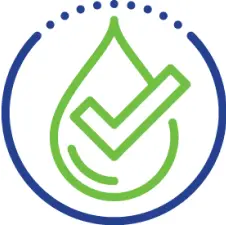
Efficiency
Highest standards of fuel efficiency (Ryanair’s SOPs)
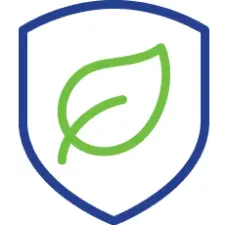
Fuel
Work with suppliers to increase sustainable aviation fuel (SAF) with industry-leading SAF goals >10% by 2030.*
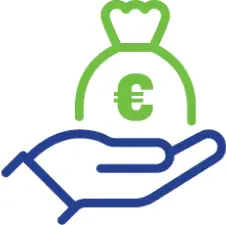
Technology
Invest in innovative aviation technology.
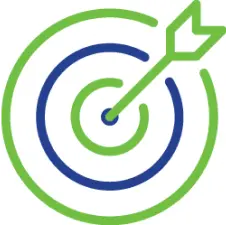
Regulation
Work with policy makers to develop smarter regulation to support ambitious climate targets.
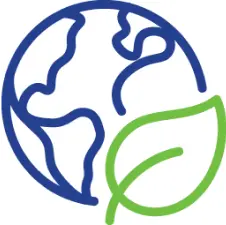
Reduction
Prioritize carbon reduction over carbon offsetting.
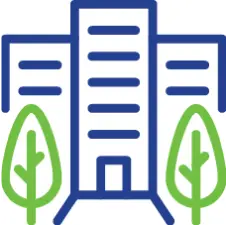
Insights
Work with industry to share insights that help achieve ambitious climate goals.
*Sustainable Aviation Fuel (SAF) is an alternative to conventional aviation fuels, potentially reducing the industry’s reliance on fossil fuels. While SAF emits similar CO₂ levels during combustion, its lifecycle CO₂ impact is significantly lower – at least 65% less than fossil-based kerosene – thanks to its production from non-fossil resources like used cooking oil. Nonetheless, the CO2 emissions caused during the flight remain almost the same. As per ReFuelEU Aviation Regulation, we ensure that the SAF we select meets strict sustainability standards.
Despite its limited availability and impact when compared to the entire sector’s footprint, SAF usage is a positive step forward. The EU mandates fuel providers to mix on average 2% of SAF for flights departing from the EU.
